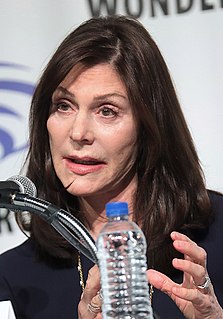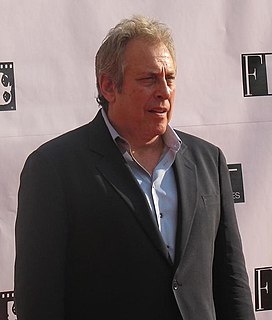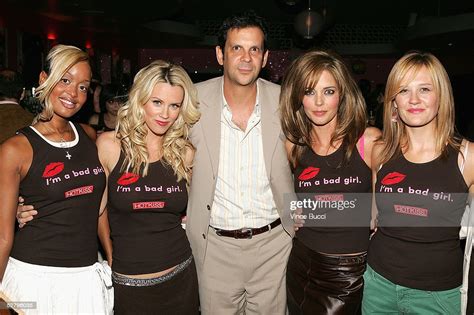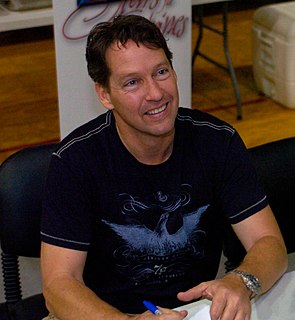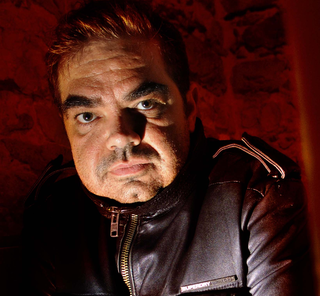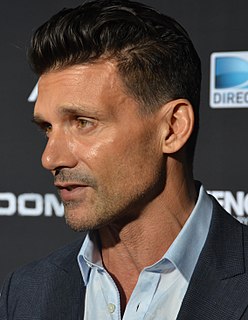A Quote by Lauren Shuler Donner
Sometimes, I've had the experience with a director where I didn't share the same vision of the movie.
Related Quotes
You have to accept that the moment you hand a script to a director, even if you've written it as an original script, it becomes his or her movie. That's the way it has to be because the pressures on a director are so staggering and overwhelming that if he or she doesn't have that sort of level of decision making ability, that sort of free reign, the movie simply won't get done. It won't have a vision behind it. It may not be your vision as a screenwriter, but at least it will have a vision.
The first thing you do as a producer is you try to understand the director's vision in as deeply a way as you can. Sometimes, you end up with a director that has more vision or sometime they have less vision. You hope that they have more. In the case where they have more, you need to understand it in the deepest way you can.
I think I'm an extremely conscientious producer and now equally as a director and it gives me the opportunity to look at the entire movie and really allow the movie to be the creative vision of the actors, the writer and myself, because I'm in charge of it from a producer and a director point of view.
My greatest sense comes from the experience of performing in the movie. When I have a great experience, that becomes a perfect movie. If it makes a nickel, it's still perfect. The same is true with a movie that's a bad experience. If it makes a bejillion dollars, I will hate it till the end of time.
What's interesting as a director, and even studio executives don't understand this, is that if you're directing a $200 million movie with six million people, it's the same as directing a $25,000 movie with three people. The director's job is, "You stand there and do that," or "This is the shot I want." The logistics change, but the job remains the same. And I enjoy the job.
I'm kind of the boss. I could fire myself if I ever got out of line, and I can hire myself too which is a good thing. It gives me a responsibility to the financial realities of the picture. I'm an extremely conscientious producer and now equally as a director and it now gives me the opportunity to look at the entire movie and allow the movie to be the creative vision of the actors, the writer and myself, because I'm in charge of it from a producer and a director point of view. It gives me freedom and it gives me a certain degree of responsibility at the same time.
